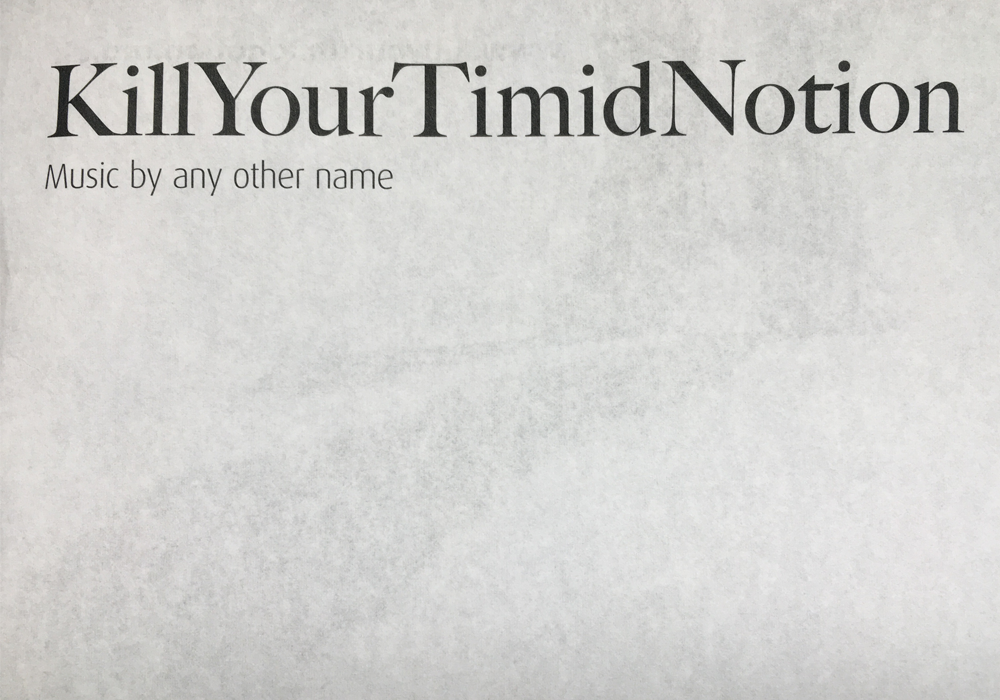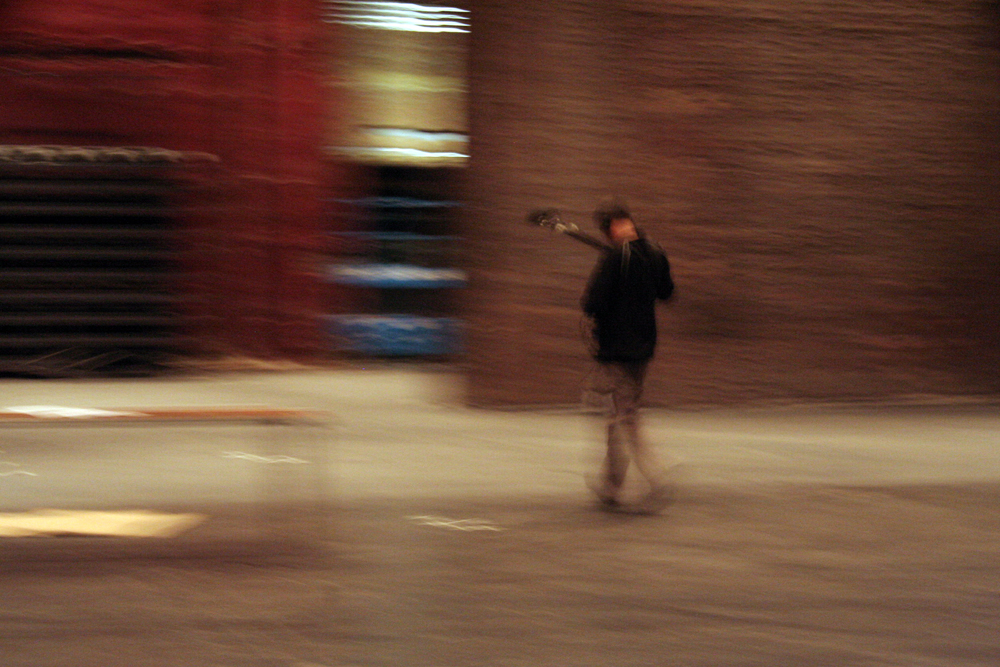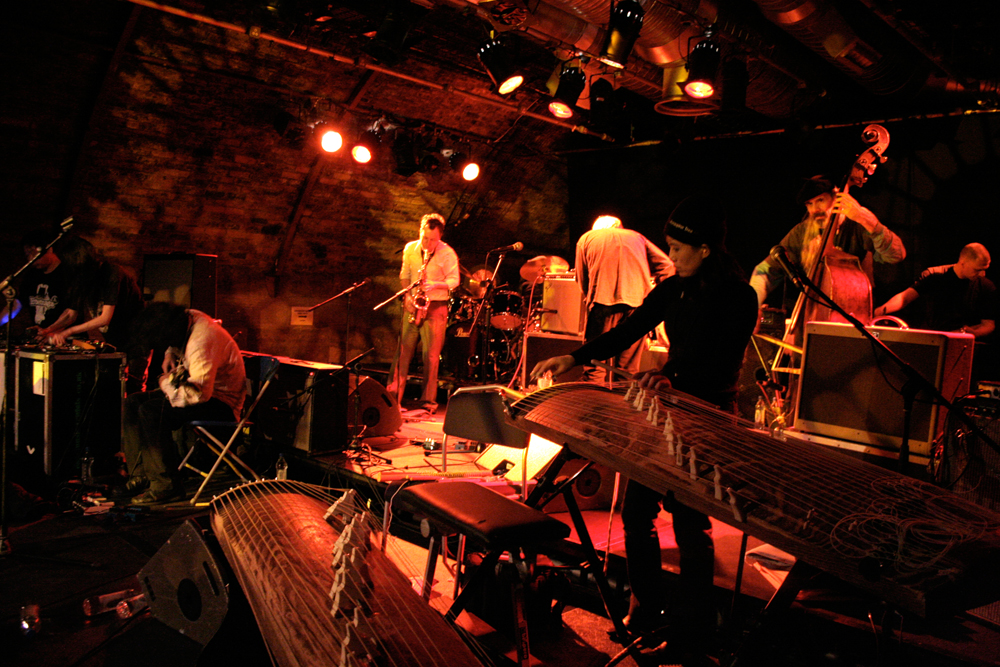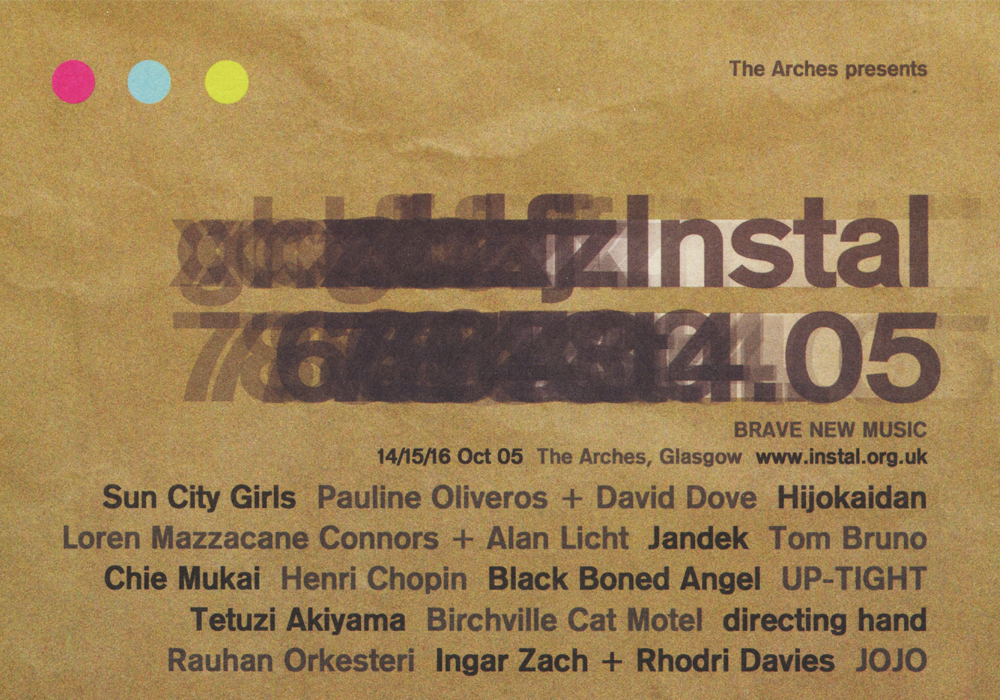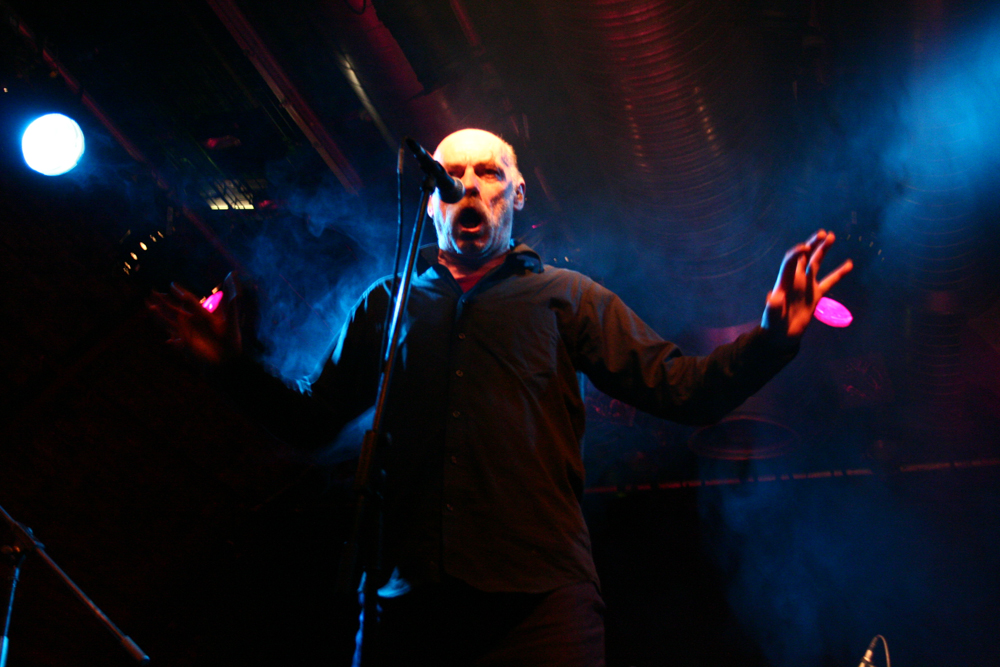
Data as Documentary: Graham Harwood
Graham Harwood
Databases carry the same seeds of creativity that early documentary makers saw in film. Both can empower people by helping them to master information, both can be claimed to represent some kind of reality or truth.





